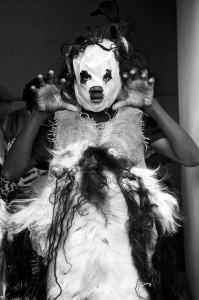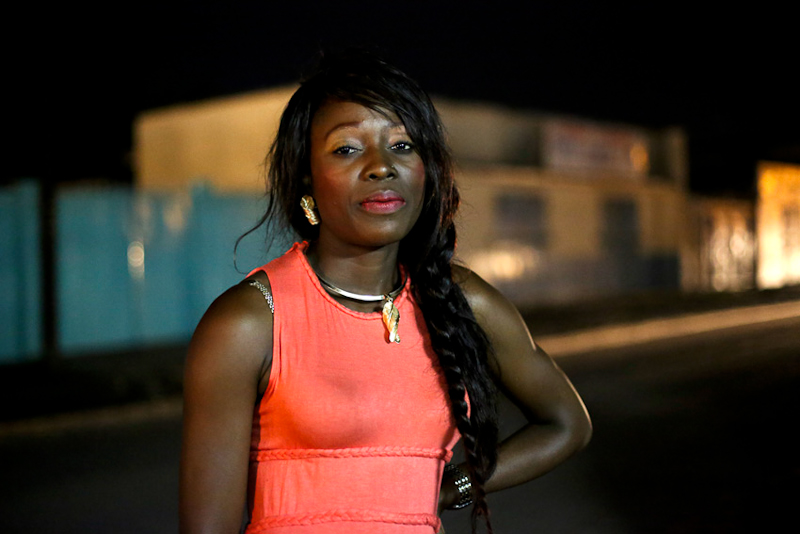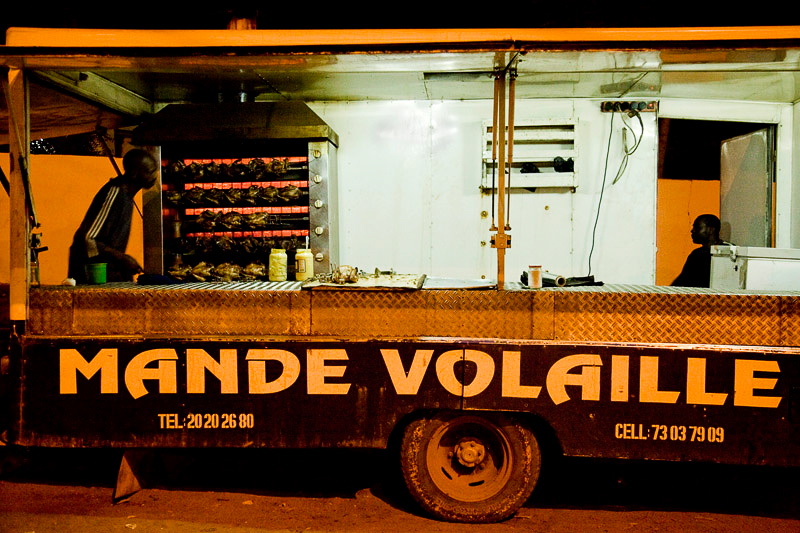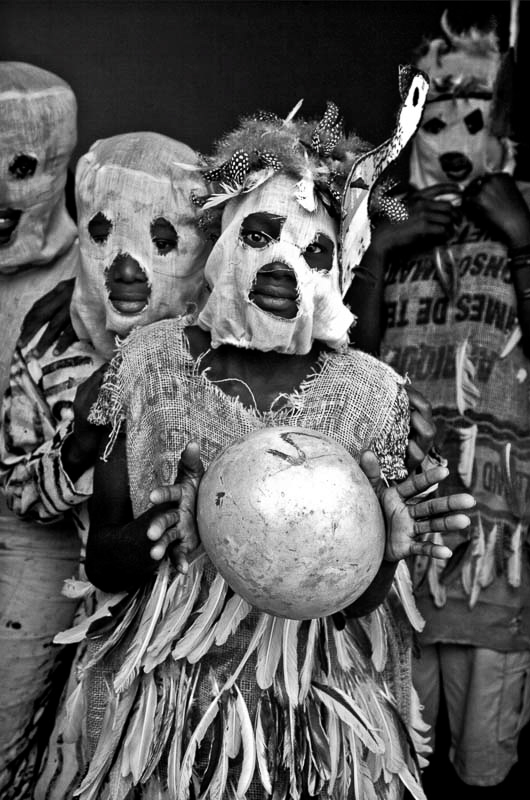
Young photographer from Mali.
Fatoumata Diabaté, Photographer
Fatoumata Diabaté tells us what she expected before she went to take the photographs and what surprised her the most.
“I expected to go find the people in the literacy classes under a very green tree. My surprise was that literacy allows the villagers we visited to make calculations with numbers, but to speak in Bambara [a West African language spoken by 80% of Malians, Ed.].”
From series ‘Aviculture au Mali’.
Fatoumata Diabaté
Born in 1980 in Bamako, Mali, Fatoumata Diabaté received her initial experience at the Promo Femmes audio visual training centre before joining the Photography Training Centre (Centre de formation en photographie – CFP) in Bamako between 2002 and 2004. She continued her education with a one month internship at the vocational learning centre (Centre d enseignement professionnel) in Vevey, Switzerland and has participated in numerous workshops both in Mali and abroad.
She has participated in several group exhibitions (Bamako Encounters 2005, 2009 and 2011; Kornhaus Museum of Bern in Switzerland, etc.) and had several solo exhibitions (Festival ofVisages francophones de Cahors, France; the Malians of Montreuil, outside the walls of the quai Branly museum, etc.)
She has reported for World Press Photo, Oxfam, Rolex. In December 2005, she received theAfrica in creation prize of the French Association for Artistic Action (AFAA) for her work entitledTuareg, in gestures and movements. In 2011 she was awarded the Blachère Foundation prize for her work entitled The Animal in Man; the prize was an atelier in Arles and an exhibition at the Blachère Foundation. She is currently developing an art project about soutiki youth (The night is ours).
From ‘L’Homme an animal’.
Contact
diabatefat@gmail.com
http://zarbophoto.free.fr/FatouSite
 From the series ‘Sutigi (A nous la nuit).
From the series ‘Sutigi (A nous la nuit).
The Night Belongs to Us (a nous la nuit) consists of a series of snapshots of nightlife in Bamako, the preceding moments in front of the mirror, slick moves on the dance floor, mobiles being checked and roving eyes eager for contact.Diabaté’s photos express a quality that is both elusive and intimate in every situation. Her camera captures a cleavage or a shimmering dress as in a quick sketch or scribbled note.
This exhibition features a selection of photographs from the extensive series,Sutigi – a nous la nuit. Diabaté portrays people posing playfully for the camera, proudly showing off in trendy clothes and accessories worn with natural grace. In this respect, the settings in The Night Belongs to Us (a nous la nuit)are not unlike the contexts documented by the now internationally-famed Malian photographer Malick Sidibé some four decades earlier, which are shown simultaneously with Fatoumata Diabaté this autumn. The mood in photos byDiabaté’s contemporaries, however, is more urban and slightly restless, conveying a different zeitgeist than the perhaps more carefree ambiance found inSidibé’s classic, balanced compositions.
There are many stories and perspectives from West Africa that remain to be told, to follow up what Malick Sidibé and other early photographers from Mali focused on in the 1950s when the colonial powers withdrew from the country. One of Diabaté’s incentives is to continue portraying life from her own perspective, in a region that is usually interpreted and described by observers and reporters from the outside.



